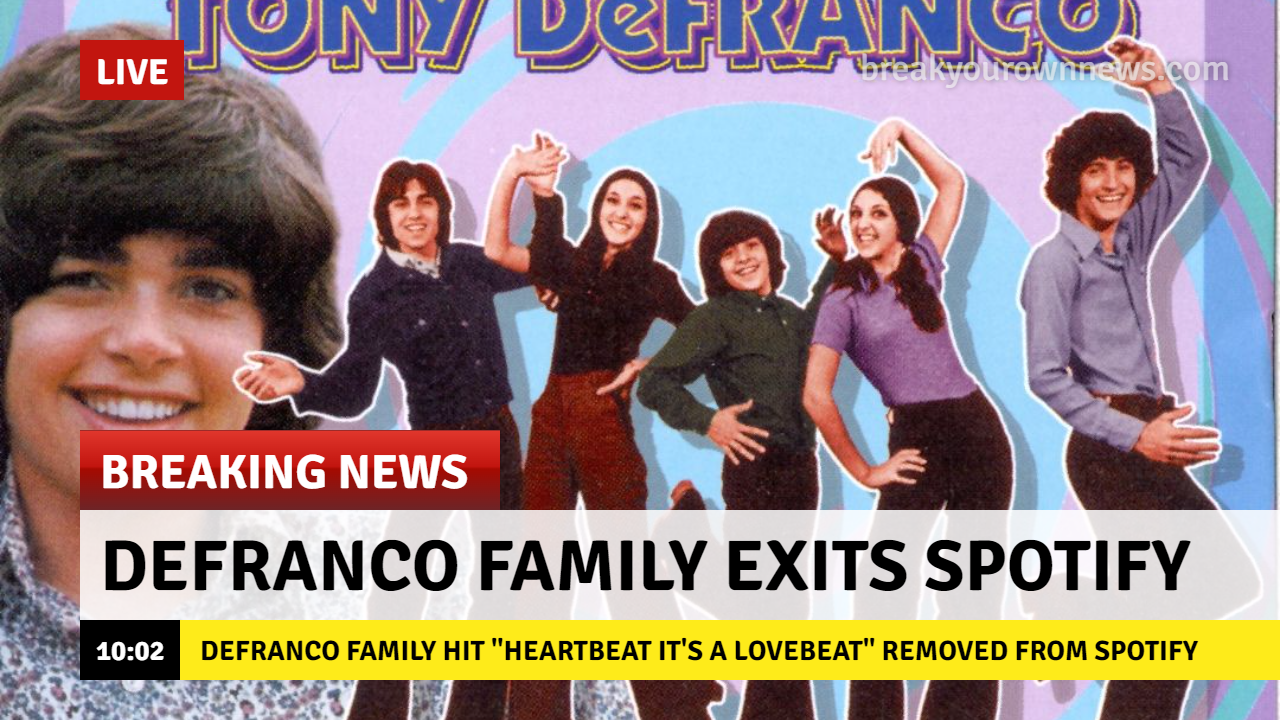Alprazolam -pronounced – “al-PRAY’ so-lamb” –is the generic name for Xanax. If you are prescribed this drug, your RX bottle will read “Alprazolam” since no insurance company will pay for the brand name, and it’s doubtful that any pharmacy actually carries the brand name “Xanax.”
Xanax is considered to be a minor tranquilizer from the class of drugs called “benzodiazepines.” The PDR (Physician’s Desk Reference) might call it a “minor tranquilizer” but it’s anything but minor.
For many years Xanax was the one of the most prescribed drugs in the USA because it quickly relieves anxiety, and as opposed to its cousin Valium, it has a slight mood elevating effect.
The mood-elevating effect is short-lived and eventually the patient on Xanax has to keep upping the dosage until the daily dosage no longer relieves the symptoms of anxiety, and serves only to stave off the symptoms of “Xanax Withdrawl” — the worst kind of drug withdrawal known in medical science.
Doctors now like to prescribe another cousin drug called Klonopin — but all that does it string out the misery by simply staying in your body longer than Xanax.
The main trouble with Xanax (Alprazolam) is that it is HIGHLY addictive and a large proportion of people who are prescribed the drug for the relief of short term anxiety, quickly become addicted to it. Getting off of Xanax is next to impossible for many people.
One recovered heroin addict described his experience with Xanax addiction as being “A thousand times worse than getting off of heroin. It’s a giant monkey that you can never get off your back no matter how hard you try.”
Historically, Xanax withdrawal is noted to be far worse than heroin withdrawal because the process of tapering off gradually to full relief from the need for the medication can take anywhere from weeks to months and sometimes even years. People who try to quit cold turkey after extended periods of being on the drug can have violent epileptic seizures — and they can even die.
“I was on 2mg of Xanax for three years,” said one patient. “I tapered off so slowly that it took my 2 years to get down to half that and still I felt awful. The Xanax wasn’t working anymore anyway. All it did was cure me of my need to take Xanax. My brain was so used to it and it had to have it for me to simply exist without losing my mind. It was hell.”
Xanax does not stay in your body very long so after a few weeks or months of being on it, a patient can feel the effects of withdrawal within 6 or 7 hours.
Also, it’s very hard to differentiate between a Xanax withdrawal symptom and a re-emrgence of the anxiety or panic disorder for which the drug was prescribed in the first place. This leads to a cycle whereupon a person keeps taking more and more of the drug until there is never enough drug in the system to satisfy the brain. This leaves the patient in a constant state of withdrawal in spite of the fact that they are taking their pills as prescribed.
Most doctors will only be wary of the drug’s addiction potential when in fact withdrawal – albeit the major problem — is only one part of the problem.
A lot of recovered and unrecovered Xanax addicts realize that the drug seems to have done damage to their brain. The addiction cycle eventually disrupts the entire body in one way or another and the patient complains of all kinds of ailments for which there seems to be no explanation. The new doctor or specialist sees that the patient is taking Xanax and automatically chalks everything up to anxiety — and that’s almost never the reality. Eventually, the Xanax patient is dismissed or ignored and branded as a head case or a drug-seeker.
If your doctor tells you that he is going to give you Xanax (Alprazolam) for anxiety — get a second opinion because while nothing works better than Xanax when it comes to social anxiety and panic disorder and short tern relief of major nervousness, it might be worth it in the long run if you tried something else. If you do not have an addictive personality and you can actually take the drug only when you feel the need, then perhaps this drug will do the trick, but it seems that pretty much everybody who takes it, keeps taking it more and more and more. Be careful.


